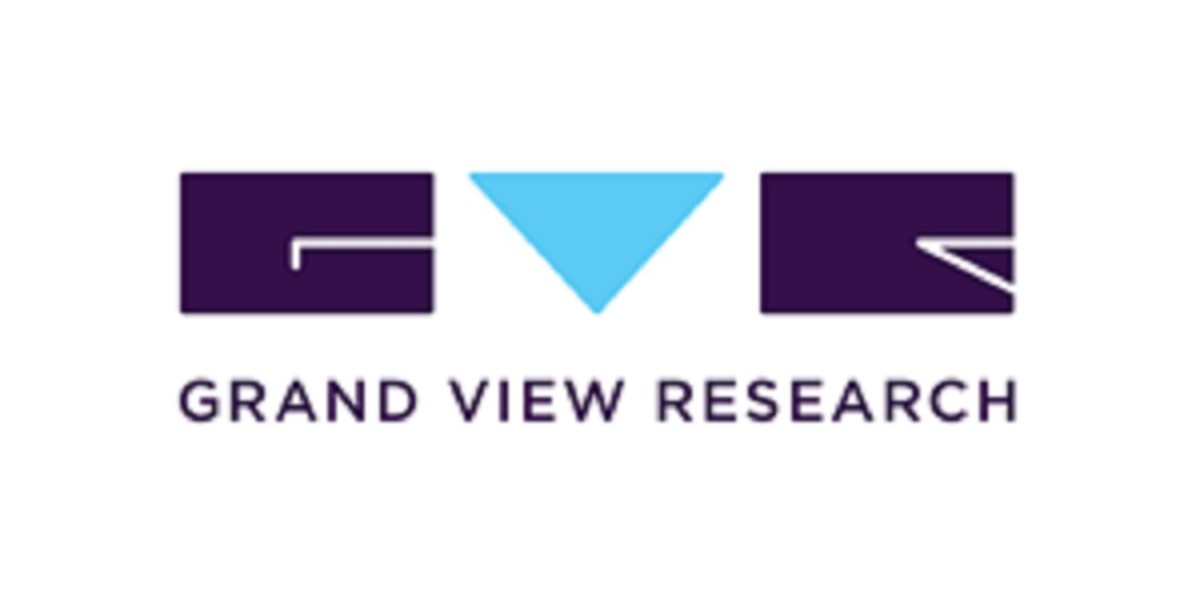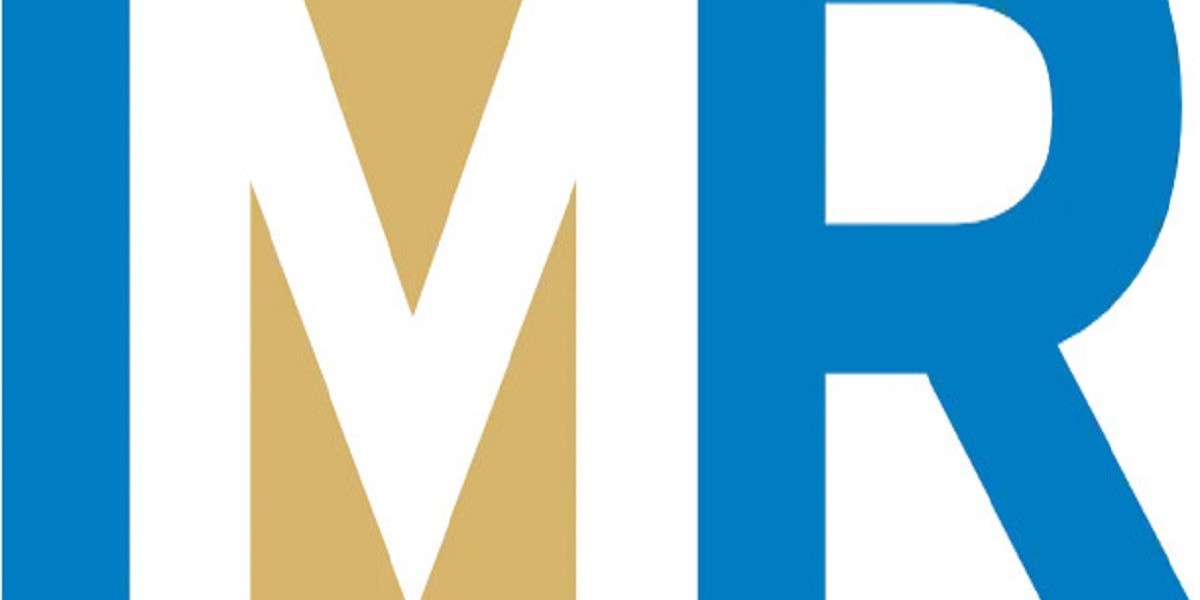The U.S. cell culture market size is anticipated to reach USD 10.97 billion by 2030 and is projected to grow at a CAGR of 10.02% from 2024 to 2030, according to a new report by Grand View Research, Inc. The market growth is expected to be driven by various factors, such as the growth of biosimilars and biologics, advancements in stem cell research, and the emergence of bio-manufacturing technologies that facilitate the development of cell-based vaccines.
The COVID-19 pandemic has resulted in an increased demand for reliable cell-based vaccine production technologies. Furthermore, it has led to a few notable scientific breakthroughs, particularly in the development and testing of vaccine technologies. In August 2021, Danaher announced the manufacturing expansion of Cytiva and Pall which assisted in the drug and vaccine development for COVID and enabled expansion in manufacturing of various modalities such as cell culture and gene therapy to meet the demands during the pandemic.
Cell culture technology has witnessed significant advancements over the past few years and the technology is witnessing a rapid expansion in its scope of applications. In the field of biopharmaceuticals, researchers can now produce complex protein-based drugs in large quantities due to the ability to culture mammalian cells. This has led to increased efficiency, reduced costs, and improved quality control in the biopharmaceutical industry. Furthermore, the launch of high-yield cell lines and the optimization of culture conditions have contributed to enhanced productivity and scalability. For instance, in June 2023, Matica Bio launched its MatiMax cell lines at the BIO International Convention. The cell line features faster doubling times to reduce processing timelines, has enhanced transfection efficiencies, and enables increased titer production at a lower cost.
Gather more insights about the market drivers, restrains and growth of the U.S. Cell Culture Market
U.S. Cell Culture Market Report Highlights
• The consumables segment led the market with the largest revenue share of 58.0% in 2023 and are expected to grow at the fastest CAGR during the forecast period. This is attributed to the increased R&D expenditure by biotechnology & biopharmaceutical businesses to develop sophisticated biologics, such as monoclonal antibodies & vaccines
• Based on application, the biopharmaceutical production segment led the market with the largest revenue share of 31.9% in 2023 and is expected to grow at the fastest CAGR during the forecast period. The technological advancements in antibody therapeutics, such as the development of bispecific antibodies, antibody fragments, and antibody derivatives, are anticipated to expand the market prospects for applications of cell culture
U.S. Cell Culture Market Segmentation
Grand View Research has segmented U.S. cell culture market based on product, and application:
U.S. Cell Culture Product Outlook (Revenue, USD Million, 2018 - 2030)
• Consumables
o Sera
o Reagents
o Media
o Instruments
U.S. Cell Culture Application Outlook (Revenue, USD Million, 2018 - 2030)
• Biopharmaceutical Production
o Monoclonal Antibodies
o Vaccines Production
o Other Therapeutic Proteins
• Drug Development
• Diagnostics
• Tissue Culture & Engineering
• Cell & Gene Therapy
• Toxicity Testing
• Other Applications
Order a free sample PDF of the U.S. Cell Culture Market Intelligence Study, published by Grand View Research.



